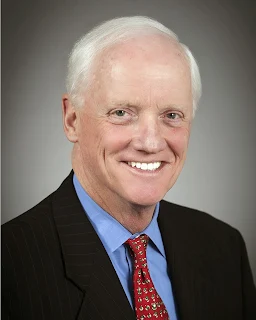 |
| David Beňák |
Many families and individuals are forced to live in unsuitable residential hotels, where their rents are comparable to those for apartments in the centers of big cities. The Regional Development Ministry and the State Fund for Housing Development have failed across the board. They have merely become distributors of money for construction projects. Prices should not be an obstacle to acquiring housing. In the case of the most impoverished, welfare should help them afford it. The Czech Republic, as a state, is leery of owning and leasing housing. That is its basic mistake - in many localities, this is exactly the help that is needed. The government should establish partnerships with the private owners of apartment buildings. Property owners would definitely be willing to strike some kind of agreement with the state, but no one is negotiating with them.
 |
| One of the residential hotels in Ostrava on Cihelná street |
According to Martin Šimáček, director of the Czech Government Agency for Social Inclusion, the extensive privatization undertaken during the 1990s also led to the town and its municipal departments having very few units left in their own housing stock to offer those in need. "The privatization, among other things, resulted in the forced evictions of some tenants into residential hotels as a result of their apartment buildings deteriorating," explained Šimáček in a press release.
 |
| Street musician Ondra who was formerly homeless |
As the nights get longer and temperatures begin to drop, this year an estimated 30,000 homeless people in the Czech Republic face the prospect of spending winter out in the cold.











